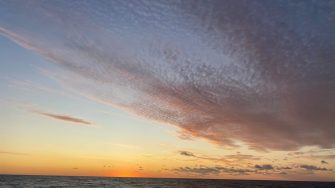Webinar Series Ep 1. Advancing Sustainable Ocean Development: Reflections on 2023 and Directions for 2024
From a Global Plastic Treaty to the SEEA Oceans framework to the signing of the High Seas Treaty, 2023 was a huge year for sustainable ocean development around the globe.

